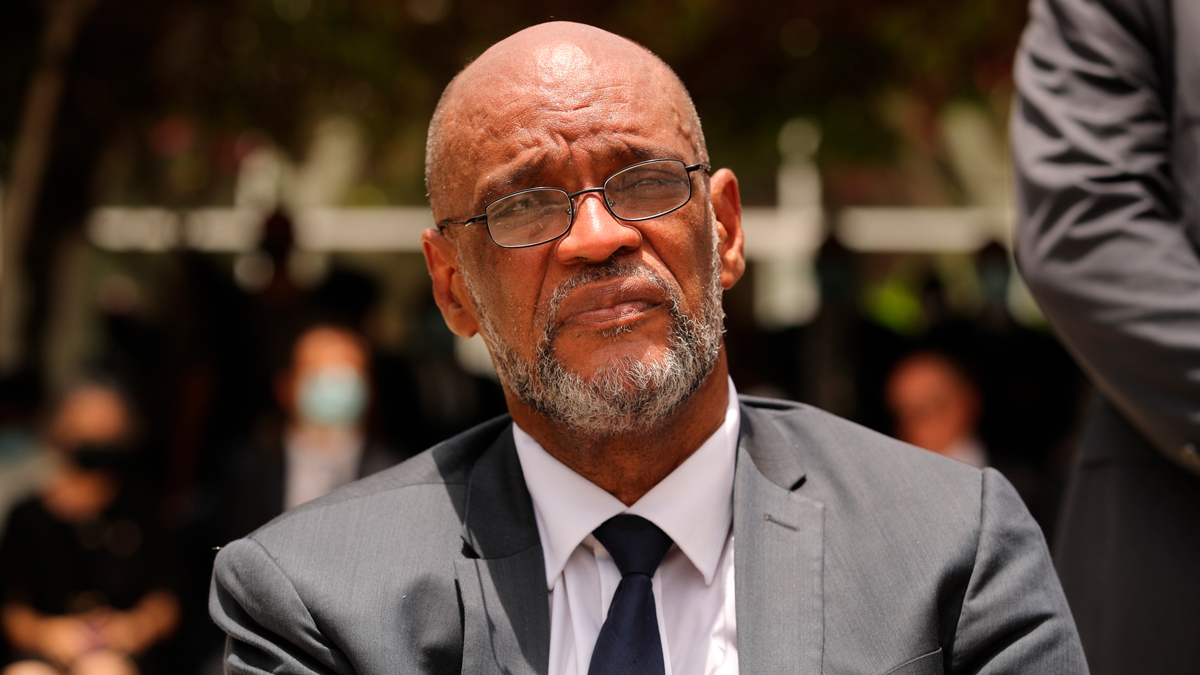As long as there have been schools, there have been school fights. The difference now is that most students have smartphones, so incidents are recorded and shared.
For example, a horrific school bus fight in Miami-Dade, in which a girl is relentlessly attacked, has been viewed more than five million times.
Every time these types of videos are posted to social media, they fuel more violence, said Doral Police Chief Edwin Lopez.
“It’s definitely impacting and many times contributing to some of the issues we’re having on a criminal basis in schools and in the community as a whole,” said Lopez, who formerly led the Miami-Dade Schools Police.
Get South Florida local news, weather forecasts and entertainment stories to your inbox. Sign up for NBC South Florida newsletters.
Frank Zenere is one of the school district’s most experienced child psychologists. He agrees with Lopez, saying cellphone video is adding fuel to a fire.
“Absolutely, it’s that perpetual reminder of what has occurred that’s replayed thousands of times across the community, and that just kind of cements in the psyche of these students that aggression is acceptable in certain situations and clearly it’s not,” Zenere said.
Miami-Dade County Public Schools, Zenere said, encourages kids to be upstanders, to call an adult, or try to break up a fight instead of just being bystanders holding a phone.
Local
“Many times folks around them, taking out their cellphones, recording, instead of actually intervening and we’ve seen not only kids but adults do the same thing, it’s, let me capture this and sensationalize this because it can get me recognition or get me popularity,” Lopez said.
According to Zenere, one of the main issues is that brain development is not complete in adolescents, especially in the parts of the brain which impact impulse control and decision making. So kids are more likely to go along with mob mentality than adults are.
“And students who would normally not engage in that process individually, as part of a larger group, do things they never thought they would do,” Zenere said.
“We got to educate our young men and women to really make responsible decisions utilizing any social media platform but technology as a whole,” added Lopez.
It’s called digital responsibility. Zenere said it’s part of every child’s education in Miami-Dade County Public Schools, but the message needs to be reinforced at home as well. Remember, posting video of a child being bullied makes the trauma for that child even worse.



